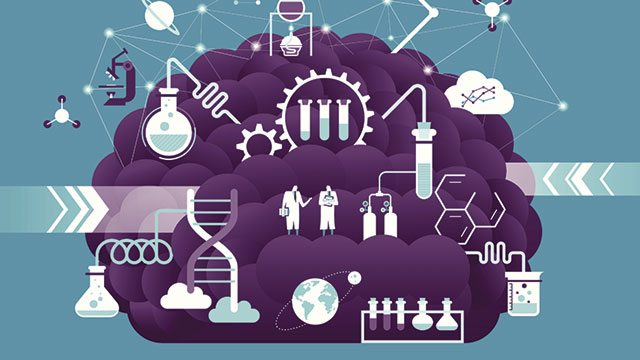
In the dynamic realm of scientific exploration and experimentation, laboratories face an ever-growing challenge: the management of exponentially increasing volumes of data. Gone are the days when researchers could rely solely on the traditional method of recording experiment results by manually gluing printed outcomes into paper notebooks. Today, in the era of big data and digital transformation, laboratories are compelled to embrace advanced solutions to effectively organize, analyze, and share their wealth of information. At the forefront of this technological evolution stands the Laboratory Information Management System (LIMS), a sophisticated software platform that revolutionizes the way laboratories operate and manage their data.
The advent of LIMS marks a paradigm shift in laboratory management practices. This powerful system provides researchers with a comprehensive suite of tools and functionalities to streamline their workflows, enhance collaboration, and ensure regulatory compliance. By leveraging LIMS, laboratories can seamlessly link experiments to specific samples or digital files, facilitating the traceability and accountability of data throughout its lifecycle. This not only enhances internal communication and coordination among lab members but also fosters seamless collaboration with external partners and organizations, thus catalyzing scientific discovery and innovation.
The evolution of LIMS traces back to the early 1980s
when laboratories were introduced to the first centralized minicomputers equipped with rudimentary automated reporting tools. Since then, LIMS has undergone remarkable advancements, driven by the relentless march of technological progress. Today’s web-enabled LIMS platforms transcend the traditional confines of laboratory operations, empowering researchers with real-time access to data from anywhere in the world. This enhanced connectivity and accessibility have democratized scientific research, breaking down geographical barriers and fostering global collaboration on an unprecedented scale.
While LIMS finds applications across a diverse range of industries, including food and beverage testing, environmental monitoring, and pharmaceutical development, its impact is particularly pronounced in the field of healthcare. Patient-centric LIMS solutions play a pivotal role in managing the vast array of data generated within clinical laboratories, from patient samples to diagnostic test results. By automating data processing operations and facilitating seamless integration with electronic health record systems, LIMS ensures the efficient flow of information within healthcare organizations, ultimately improving patient care and outcomes.
Central to the functionality of LIMS is its ability to enforce standardization, thereby enhancing the accuracy, consistency, and reliability of data reporting and analysis. By adhering to established protocols and best practices, LIMS helps laboratories maintain compliance with stringent quality and security regulations imposed by regulatory authorities such as the Food and Drug Administration (FDA) and the International Organization for Standardization (ISO). This not only safeguards the integrity of laboratory data but also instills confidence in the validity of research findings and diagnostic outcomes.
At its core, the functionality of LIMS revolves around effective sample management, encompassing a series of interconnected processes designed to optimize the utilization of resources and maximize efficiency. These processes include sample reception and registration, monitoring, sample processing, quality control, data compilation, and data storage. Each phase of the sample management workflow is meticulously orchestrated within the LIMS platform, ensuring the seamless execution of laboratory operations and the generation of actionable insights from experimental data.
Conclusion:
Laboratory Information Management Systems represent a transformative force in the modern scientific landscape, empowering laboratories with the tools and capabilities needed to navigate the complexities of data management, analysis, and compliance. As technology continues to advance at a rapid pace, LIMS will undoubtedly evolve in tandem, driving further innovation and discovery across a myriad of scientific disciplines. By embracing LIMS, laboratories can unlock new frontiers of knowledge and propel humanity towards a future defined by progress, prosperity, and breakthrough discoveries.


